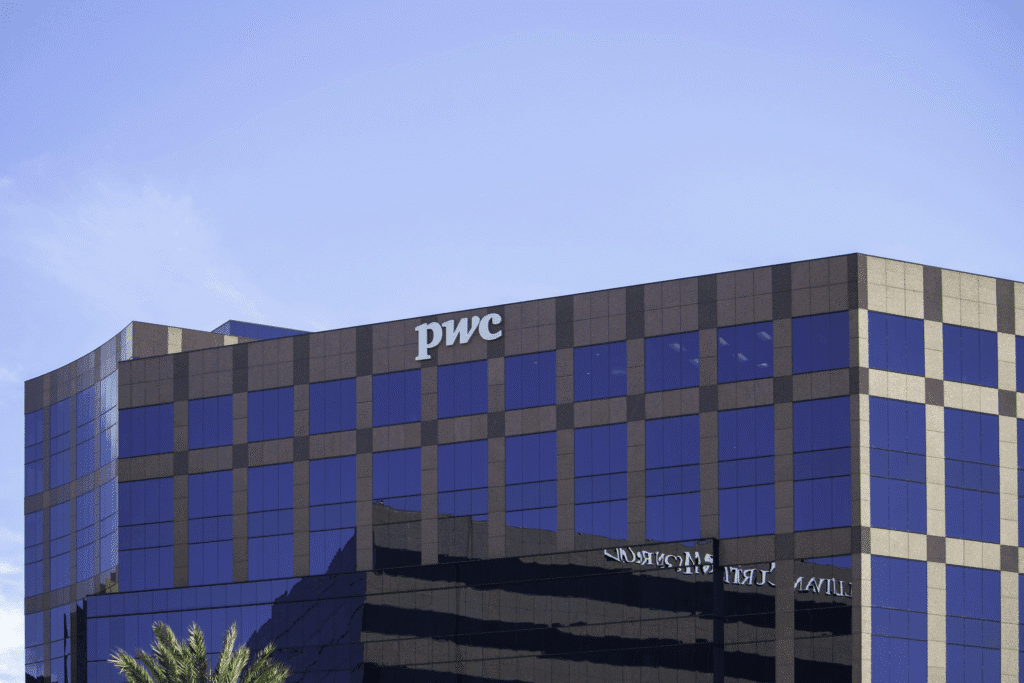Private equity firms in the United States are currently sitting on nearly $1 trillion in unsold investments, according to a recent report by PricewaterhouseCoopers (PwC). Normally, this money would have been returned to investors, but several economic challenges have made it difficult for these firms to sell their assets. High interest rates, changing trade policies, and global political tensions have lowered company valuations, making it harder for private equity firms to exit their investments at a good profit.
The slowdown in mergers and acquisitions (M&A) is a clear sign of these struggles. M&A deals, which usually show how healthy the economy is, have not been growing this year. Many investors, known as limited partners (LPs), are getting impatient because they expected better returns by now. These LPs include big investors like pension funds and insurance companies that put money into private equity firms, hoping for steady profits. However, with deals slowing down, their returns are being delayed.
Kevin Desai, a deal platform leader at PwC, mentioned that investors are starting to lose patience. He explained that in a normal market, private equity firms would have already reinvested the $1 trillion into new opportunities. But right now, economic uncertainties are making it difficult to move forward with big deals. The first half of 2025 was expected to bring more M&A activity, especially with new policies under President Donald Trump, but the numbers have stayed almost the same as last year. From January to May 2025, there were 4,535 deals worth $567 billion, which is not much different from the previous year.

One major issue affecting deals is the uncertainty around tariffs—taxes on imported goods. PwC’s May 2025 survey found that 30% of businesses have either paused or are rethinking deals because of changing tariff rules. This has added to the frustration of investors who want quicker returns. Josh Smigel, PwC’s U.S. private equity leader, pointed out that private equity firms currently have $3 trillion invested in around 30,000 companies. Shockingly, 30% of these investments have been held for more than five years, which is longer than usual. Normally, private equity firms aim to sell their investments within three to five years to make a profit.
In the past, these firms could easily meet their profit targets because borrowing money was cheap, and market conditions were favorable. But today, high interest rates have made loans more expensive, and economic instability has made it harder to predict future profits. A separate PwC study found that 57% of executives who invested in struggling businesses saw their investments either shrink or stay the same, rather than grow as expected.
On a slightly positive note, the market for initial public offerings (IPOs), where companies go public by selling shares, has shown some improvement. By May 2025, 31 companies had launched IPOs, raising $11 billion. While this is a good sign, it hasn’t been enough to balance out the slowdown in private equity deals.
The current situation has created a tug-of-war between private equity firms and their investors. The firms want to wait for better market conditions to sell their assets at higher prices, while investors want their money back sooner. This standoff is likely to continue until economic conditions improve. For now, private equity firms are holding onto their investments, hoping for a turnaround in the market. Until then, the $1 trillion pile of unsold assets remains locked, waiting for the right time to move.
The challenges facing private equity firms are a reflection of broader economic issues. High interest rates, set by the Federal Reserve to control inflation, have made borrowing expensive for businesses. At the same time, global trade tensions and political conflicts have made investors cautious. These factors combined have created a tough environment for deals, slowing down what is usually a fast-moving industry.
Despite these hurdles, private equity remains a major force in the economy. The firms manage trillions of dollars and own thousands of companies, affecting jobs, industries, and markets worldwide. Their ability to adapt to changing conditions will determine how quickly they can return money to investors and start new deals. For now, the waiting game continues, with everyone keeping an eye on interest rates, government policies, and global events that could shape the future of investments.
In summary, private equity firms in the U.S. are holding back $1 trillion due to economic uncertainties, slowing down mergers and acquisitions. Investors are growing impatient as returns take longer than expected. While the IPO market has seen some growth, it hasn’t made up for the overall decline in deal activity. High interest rates, trade policies, and geopolitical risks are the main reasons behind this slowdown. Until these issues ease, private equity firms will likely keep their money locked in, waiting for better opportunities to cash out. The coming months will be crucial in determining whether the market bounces back or remains stuck in this cautious phase.
The situation also highlights how interconnected the global economy is. A change in U.S. interest rates or a new trade policy can ripple through financial markets, affecting deals worldwide. Private equity firms, which operate across borders, must navigate these challenges carefully. Their success depends not just on their own strategies but also on broader economic trends. For now, the focus is on patience—waiting for the right moment to act.
As the year progresses, experts will watch for signs of improvement. If interest rates drop or trade policies stabilize, deal activity could pick up. Until then, private equity firms and their investors will have to manage their expectations and prepare for a slower-than-usual market. The $1 trillion waiting on the sidelines is a reminder of how much is at stake—and how much could change if economic conditions shift. For now, the message is clear: in the world of private equity, patience is key.


